Food
Food for Thought: The Psychology of Eating

Have you ever reached for a chilled glass of juice after a rough day, or craved something crunchy when you’re bored? You’re not alone. Eating isn’t just about staying alive—it’s also about how we feel, what we’ve been through, and even the kind of day we’re having. Behind every bite we take, there’s a story, a feeling, or a memory influencing our choice.

Our brains are actually in charge when it comes to food. They read signals from our bodies—like hunger or fullness—but they also react to emotions. Sometimes, we eat not because we’re truly hungry, but because we’re stressed, lonely, or just looking for comfort. That’s why comfort foods like biscuits, pizza, or chips feel so satisfying in the moment—they soothe us in ways that go beyond hunger.
A lot of our eating habits come from how we grew up. Maybe you were told to finish everything on your plate, even if you were full. Or maybe snacks were a reward for doing something good. These childhood lessons stick with us, and often we keep doing the same things without realizing why. They become habits that feel normal, even if they’re not always helpful.

The world around us also plays a big part in how we eat. Think about how tempting snacks look in shiny packages, or how you end up eating more at parties or buffets. Even things like music in a restaurant, the size of your plate, or seeing others eat can make you eat more than you planned. A lot of the time, we don’t eat with our stomachs—we eat with our eyes, our ears, and even our mood.
Food is also part of how we see ourselves. Some people follow certain diets because of their beliefs or health goals. Others enjoy cooking meals from their culture or trying trendy foods they see online. The way we eat often reflects who we are, what we care about, and the kind of lifestyle we want to live.
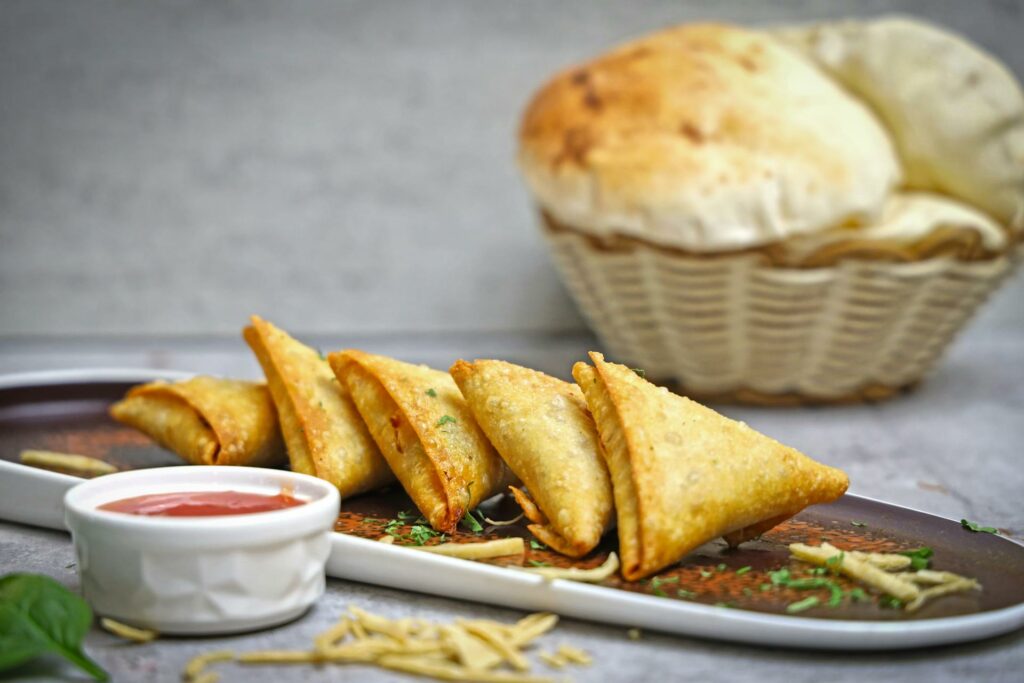
The good news is, once we understand what’s really driving our food choices, we can make better decisions. Simple things like eating slowly, asking ourselves why we’re eating, or noticing how we feel can help us eat more mindfully. It’s not about strict diets—it’s about being aware and kind to ourselves.
So next time you find yourself heading to the kitchen for a snack, take a moment to check in. Are you actually hungry? Or are you just tired, bored, or looking for a little comfort? Being honest with yourself can help you build a healthier, happier relationship with food—one bite at a time.
Food
Sneaky Signs your Body Needs More Protein

In the rush of busy days and comforting meals, many of us overlook a crucial nutrient: protein. It’s not just for gym enthusiasts or bodybuilders. Protein helps your body produce hormones and keeps your immune system strong. Yet, many people aren’t getting enough—and they don’t even realise it.
Why You’re Tired Even After a Full Night’s Sleep

Have you ever felt lazy by mid-morning, no matter how much you slept the night before? The answer may be as simple as the fact that you’re not getting enough protein in your diet. Protein levels out your blood sugar, so your energy doesn’t drop later in the afternoon.
Your Nails and Hair Could Be Craving Protein
Have you noticed more hair fall or nails that break easily? Hair and nails are made of protein, therefore if protein-rich nourishment falls short, body will focus more on other essential body processes than nourishing nail and hair healthily and actively.
Feeling Weaker or Losing Muscle Despite Working Out?

If you’re feeling weaker even during your usual activities, your body might be breaking down muscle for energy. Protein is essential for building and repairing muscles. Without enough protein, you could start losing muscle instead of building it.
Always Hungry? Protein May Be the Missing Piece
If you find yourself still hungry right after eating, your meal may not have enough protein. Protein helps you feel full, while low-protein meals can leave you craving snacks or sweets.
Mood Swings or Anxiety? Your Brain Needs Protein Too

Felt stressed or irritable lately? Stress might not be the reason, but low protein consumption might be the offender as well. That’s because major brain chemicals like serotonin and dopamine that help stabilize your mood are made up of protein. When your body lacks protein, these chemicals’ levels go down, and you feel emotionally unstable or mentally drained.
Slow-Healing Wounds? Protein Could Help
You may not know that protein plays a key role in healing and repairing tissues. If wounds, bruises take longer than it needs to heal, and the other health issues aren’t the problems, it can be that your body lacks sufficient protein.
What You Can Do
Most people need about 0.8 to 1.2 grams of protein per kilogram of body weight each day, depending on age, activity level, and overall health. But many of us don’t get enough, especially if we skip meals or rely mostly on starchy foods
You don’t have to eat meat daily in order to stay healthy, according to Nigerian dietitian Tolu Ajibade. A few small adjustments to your meals will do. Serve beans alongside rice when cooking, snack on groundnuts or cashew nuts, or blend tofu into vegetable sauce or stir-fry. Those tiny changes will make a huge difference to your nutrition.
A Movement Towards Brain Foods

These days, more people are paying attention to what they eat, and you can see this in the variety of cereals, eggs, yoghurt drinks, and even fitness snacks in supermarkets and stores around you. While checking food labels is a good habit, health experts say eating well is more than just counting calories. It’s about choosing a balanced diet filled with whole, natural foods that keep both your body and your mind strong.
In Summary
Protein often doesn’t get the credit it deserves, but it plays a huge role in how well your body and brain function. If you’re unusually tired, irritable, or just “off,” your body might be yelling at you to eat more protein.
Food
Foods With More Protein Than Eggs
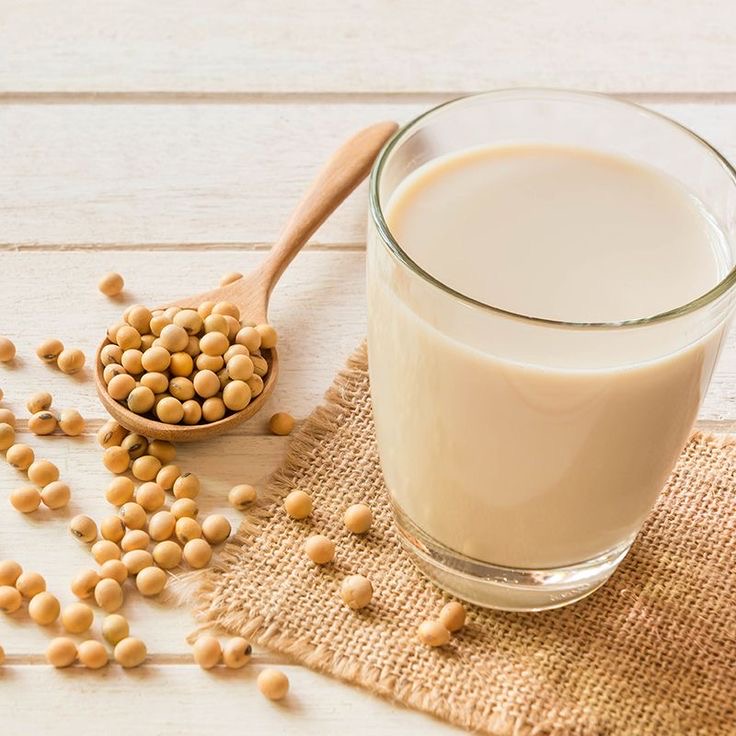
Each time we hear the word protein, the first thing that comes to mind is egg. Of course we are not denying the fact that egg is a good source of protein, plus they’re easy to cook and also contains other nutrients. But one egg only contains 5.2 and 7.5 grams of protein and it depends on its size. It is definitely not the highest source of protein, so if you’re trying to incorporate more protein into your diet, here are other everyday Nigerian foods that are out there;
Fura (Fura da Nono)
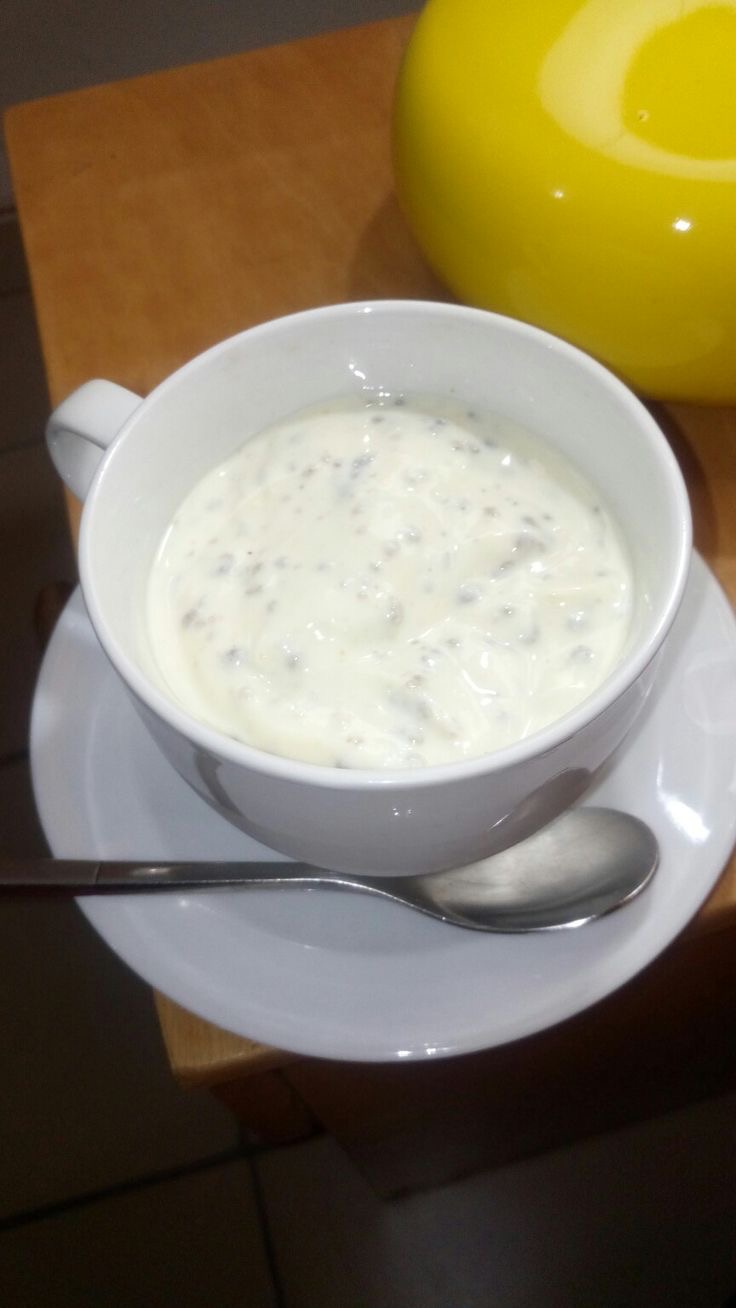
Is common among the Fulanies, it’s made from millet balls soaked in fermented milk. 100 serving grams of Fura contains 8.15g of protein, Rich in amino acids and other essential nutrients. It’s a great source of protein.
Beans
It’s one of the most staple foods in Nigeria. They can be eaten as a whole or in processed forms like moi moi, akara, bean soup(gbegiri). Beans are a good source of protein, containing about 23g per serving, and are especially beneficial for vegetarians and vegans.
Soya Milk

A cup of homemade soya milk contains 7-8g of protein. It’s plant based, good option for those who don’t consume dairy, such as people who are lactose intolerant. It’s best enjoyed fresh with no added sugar.
Goat Meat
Our very own goat meat is a great source of protein. It’s not only tasty but lean in compared to beef. A medium portion gives around 20-23g of protein, so what are you waiting for, go and order that isi ewu(Goat head).
Groundnuts
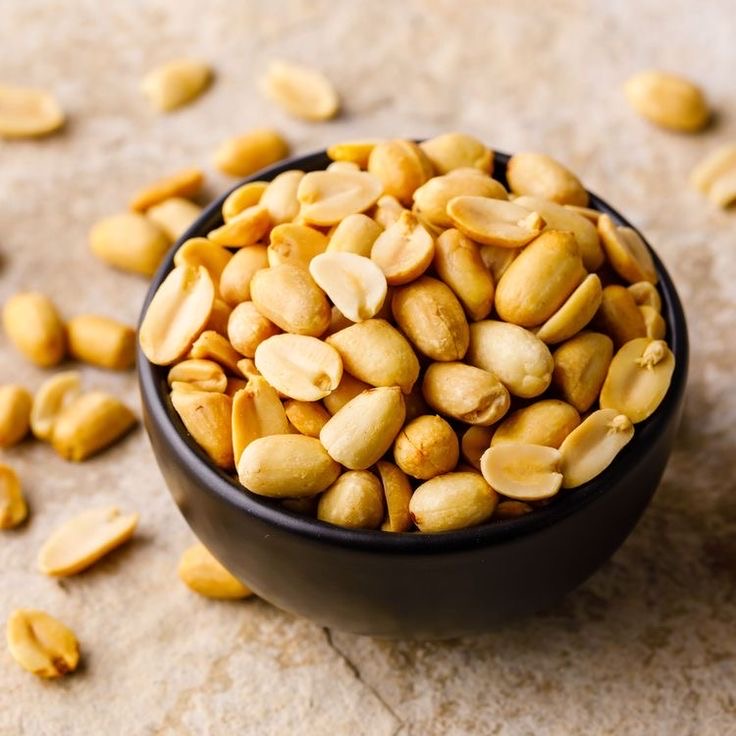
A handful of groundnuts contains about 8g of protein which is more than one egg. They’re also rich in fats. You can eat them as snack.
Fish – Titus
Affordable and widely eaten, Titus is a solid protein source. One medium-sized fish (about 100g) provides 20–23 grams of protein. Whether it’s boiled, fried, or grilled in stew, it’s delicious and also rich omega-3 fatty acids.
Egusi (Melon seeds)
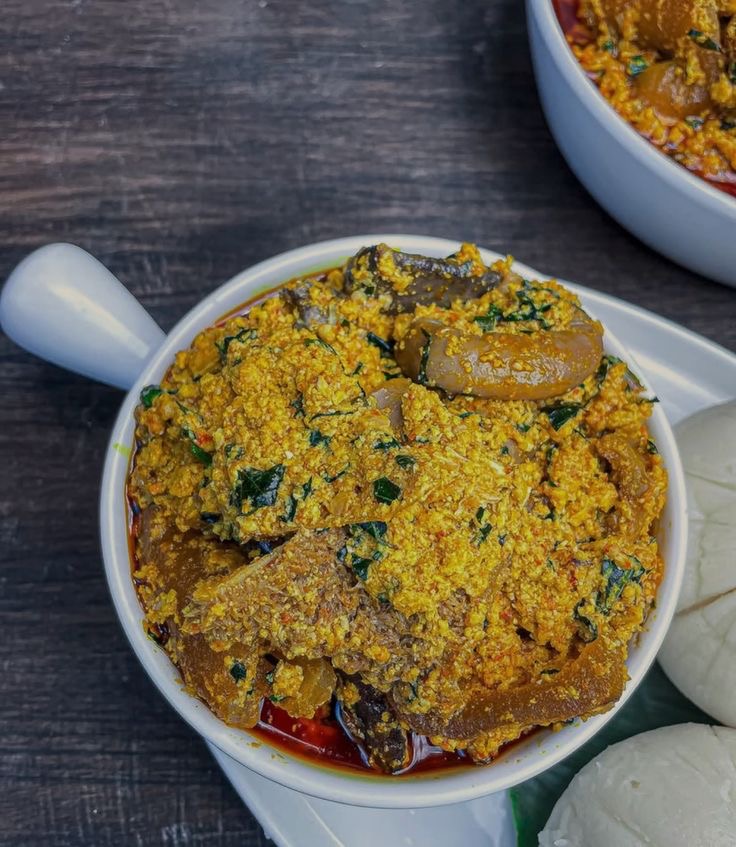
I’m sure this came as a great surprise but it’s loaded with protein. Just 100g of ground egusi contains roughly 14 grams of protein. Imagine having egusi prepared with goat meat, know that you’re fueling your body with loads of protein.
Chicken Breast
Chicken breast is a lean protein. A small piece (about the size of your palm) contains over 25 grams of protein. If you want the best out of it, try boiling or grilling it with spices it is a better choice than frying.
Oats
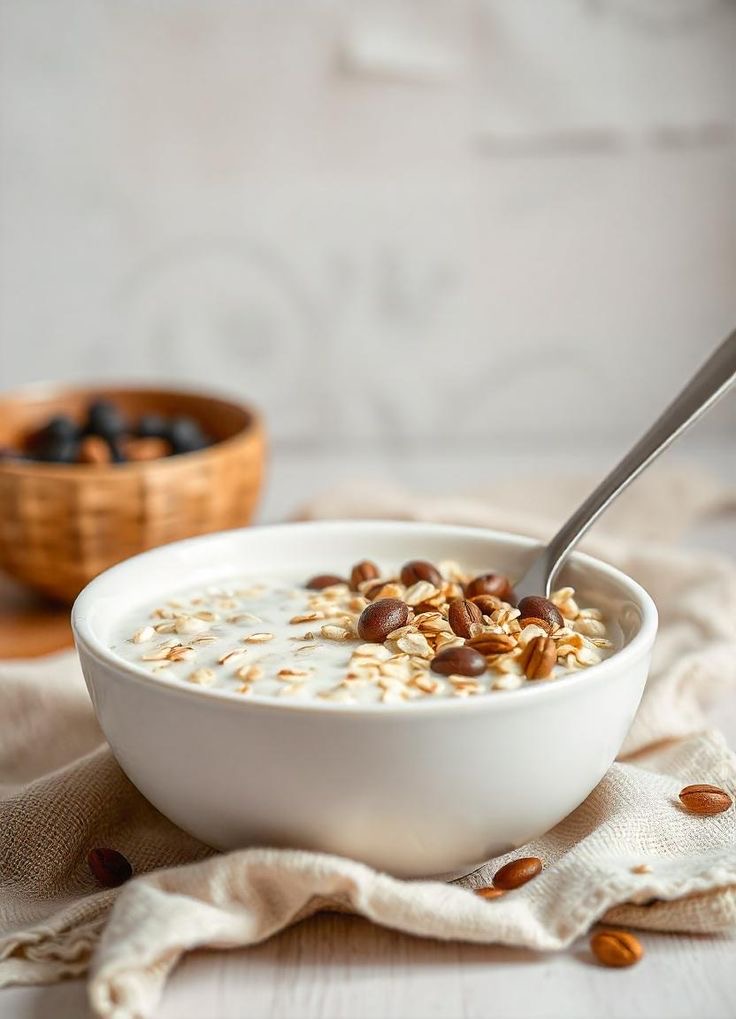
One cup of cooked oats offers around 6–7 grams of protein. It may not sound like much, but when paired with groundnuts, milk, or eggs, it becomes a powerful protein-rich breakfast. It also keeps you full for hours.
Final Thoughts
Eggs are great source of protein but they’re not the only affordable, protein-rich food available in Nigeria. Whether you’re cooking beans, adding groundnuts to your meals, or enjoying a plate of egusi soup, there are so many delicious ways to boost your protein intake. The best part is that these options are already part of our daily meals.
So next time you’re looking to get your protein up, don’t just crack an egg — explore options and you might be surprised at how much goodness is already there.
Food
5 Street Food in Lagos You’ve Been Sleeping On
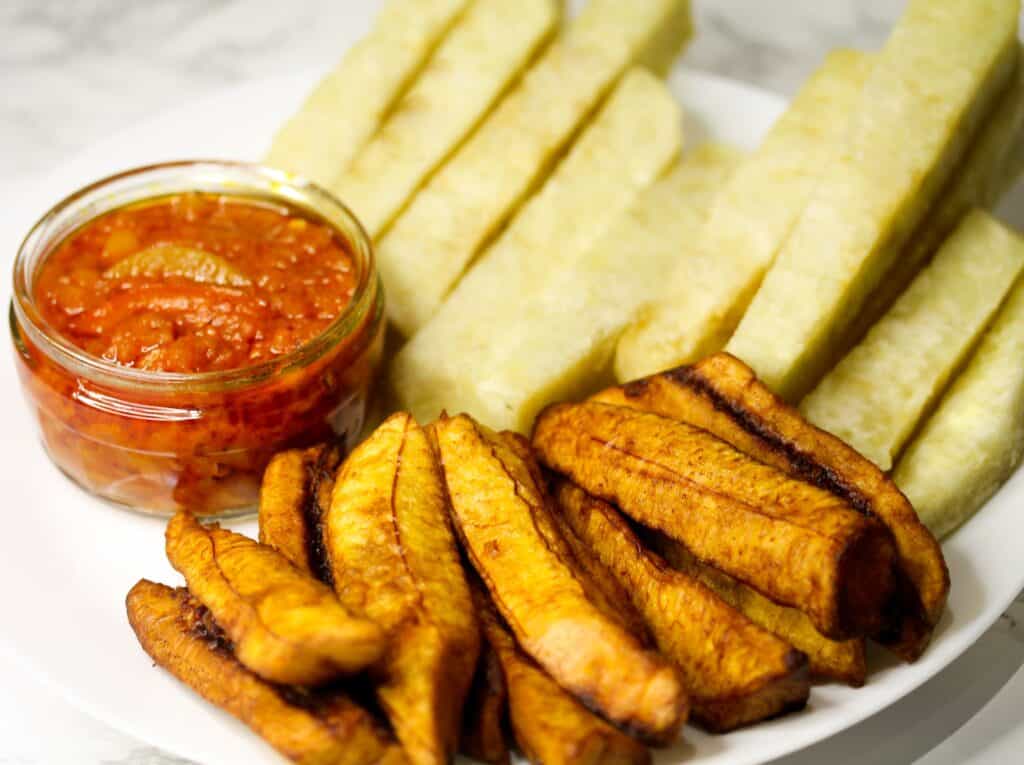
Lagos doesn’t wait for anyone. Between traffic, deadlines, and the daily sprint of survival, even meals become a race. And while some street foods get all the attention—suya at night, puff-puff in traffic—others sit quietly at the edge of the crowd, overlooked but never forgotten by those who know better. These meals don’t come with fanfare. They don’t need to. What they offer is comfort, flavour, and a reminder of how little it takes to get something good.
Here are five street foods in Lagos that often go unnoticed—but once you try them, it’s hard to stop thinking about them.
1. Ewa Agoyin from the Woman with the Red Umbrella
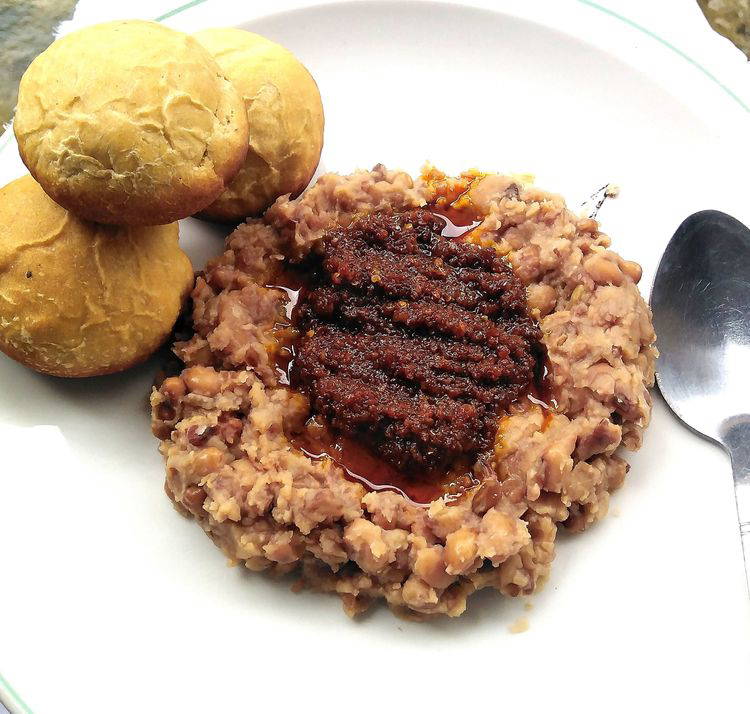
This isn’t just “beans.” Real ewa agoyin is soft to the point of collapse, soaked in deeply flavoured, smoky pepper sauce made with slow-cooked onions and a lot of patience. The good ones aren’t always obvious—but ask anyone who eats by the bus stop, and they’ll point you to the woman with the red umbrella and the cooler that never runs out. The agege bread? Always fresh. The queue? Always long. And for good reason.
2. Bole and Groundnut, Lagos-Style
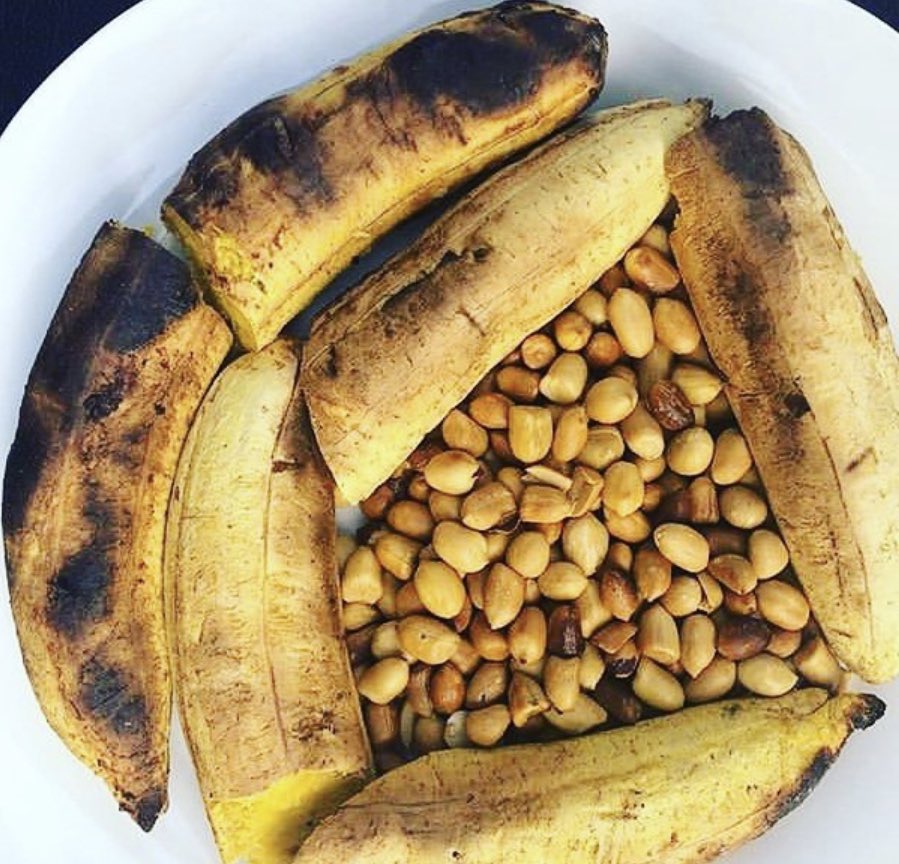
Often linked with Port Harcourt, bole has long had its own life in Lagos. Walk through Surulere, Yaba, or Ajegunle, and you’ll find plantains roasting over open fire, blackened at the edges, sweet on the inside. Paired with salted groundnuts or sometimes served with pepper sauce and grilled fish, it sits somewhere between snack and full meal. You don’t need a plate. You just need a break from the noise.
3. Fried Yam with Sauce That Holds Its Own

At a glance, it’s just fried yam—thick slices, golden brown, tossed into a plastic bowl. But the real magic sits beside it: a pepper sauce that’s been cooking since morning, thick with oil, onions, and maybe some hidden meat scraps. Found near motor parks and roadside stalls, this combo does more than fill you up. It slows you down, if only for a few minutes.
4. Ekuru – Plain Until the Sauce Arrives

Ekuru may not draw much attention. Pale, firm, and unadorned, it’s often mistaken for bland moi moi. But add palm oil, pepper stew, ponmo, or dried fish, and something changes. It becomes soft, flavourful, and grounding in a way only old-school food can be. It’s harder to find these days, but still sold in places like Mushin, Agege, and Ebute Metta—quietly keeping its place on the streets.
5. Ofada from the Wheelbarrow, Not the Menu
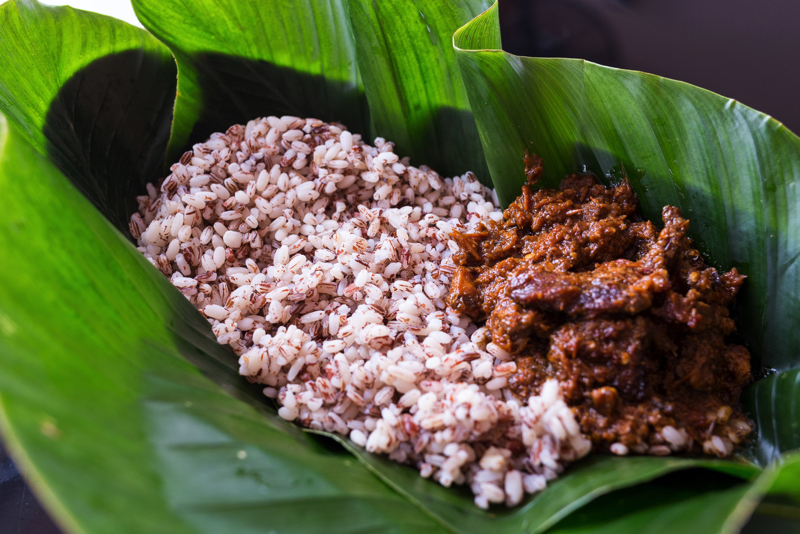
You’ve seen ofada in restaurants—small portions, delicate plating. But the street version, sold from wheelbarrows or food stalls wrapped in local leaves, tells a different story. The rice is smoky, slightly sticky, and comes bundled in uma leaves. The sauce is thick with meat, iru, and hot oil—unforgiving in taste and generous in portion. It’s less about presentation, more about satisfaction.
In Closing
Street food in Lagos isn’t always about what’s trending. It’s about what works—what people return to day after day, without photos or fanfare. These meals have been around for years, passed from hand to hand in plastic bowls and nylon wraps. And while they may not be the flashiest dishes on the street, they’re some of the most honest. You just have to slow down long enough to notice them.
-

 Celebrity Style4 months ago
Celebrity Style4 months agoMercy Aigbe Keeps it Sharp in Ivory Dress
-

 Celebrity Style4 months ago
Celebrity Style4 months agoBella Okagbue Puts a Spin on Feminine Suiting
-

 Fashion5 months ago
Fashion5 months agoTeminikan Experiments with Geometry in a Woven Mini
-

 Lagos Fashion Week4 months ago
Lagos Fashion Week4 months agoLagos Fashion Week’s Earthshot Prize Win Highlights a Changing Direction in African Fashion Production
-

 Celebrity News4 months ago
Celebrity News4 months agoBurna Boy Commands the Spirit Tunnel on The Jennifer Hudson Show
-

 Celebrity Style4 months ago
Celebrity Style4 months agoDiadem Okojie Perfects Polka Dots
-

 Celebrity Style3 months ago
Celebrity Style3 months agoChioma Ikokwu Wears Lanre DaSilva Ajayi’s SS26 Couture at the Designer’s 20-Year Celebration
-

 Top Xclusiv4 months ago
Top Xclusiv4 months agoAnok Yai Named Model of the Year 2025 at the Fashion Awards
-

 Celebrity Style1 month ago
Celebrity Style1 month agoPantone’s 2026 Colour Cloud Trend Gets Uche Montana’s Seal of Approval
-

 Movies4 months ago
Movies4 months agoTrailer Review for “Safari”























